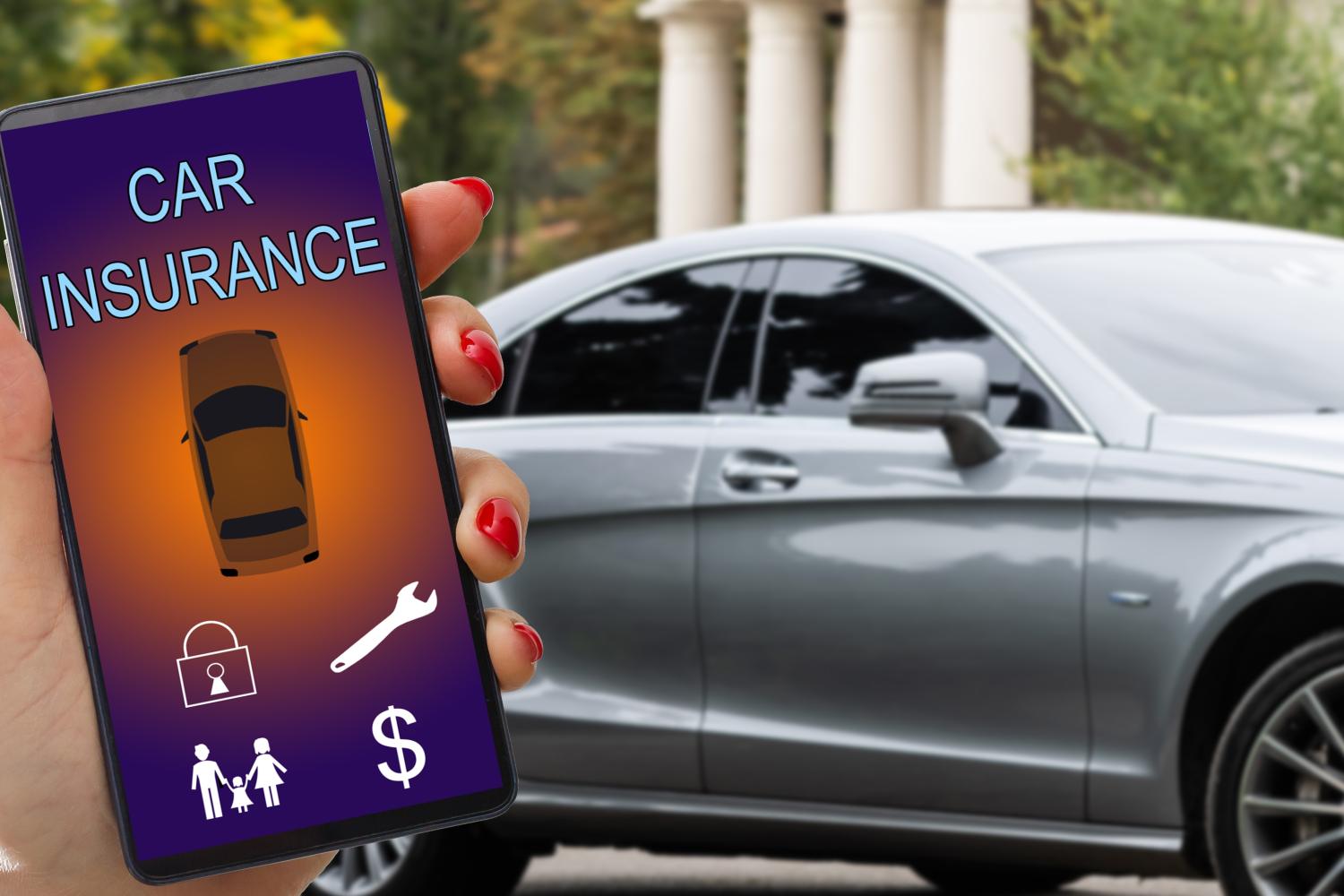You don't own a car, but you drive one anyway. You may borrow a friend’s sedan on the weekend, hire a car to get around, or shop on Zipcar.
Here's the catch: the absence of a car in your name does not imply that you can skip insurance. That's exactly why non-owner car insurance exists. It is targeted at those people who drive but do not own a car.
But how does such a policy work, and do you require it? Let's get into it.
What Is Non-Owner's Car Insurance?
Non-owner's car insurance is a liability-only policy protecting you when you're driving someone else's vehicle. Consider it your personal safety net. This coverage comes forward in case you get into a collision when driving a rented or borrowed vehicle or a car-share.
It covers injuries and property damage that you cause to others. What's excluded? Destruction of the car you are driving, as well as your own medical expenses, unless you are adding extra charges, such as MedPay.
Car insurance for non owners typically functions as secondary coverage. The vehicle owner's insurance pays first. When their limits run out, your policy handles the rest.
Who Needs a Non-Owner's Car Insurance Policy?
This policy fits specific scenarios. Rent cars frequently? Buying counter coverage each time drains your wallet fast. Always borrowing from friends or family? This cushions you in case things go south.
Use Zipcar or Turo regularly? Their basic coverage is usually bare-bones. Dealing with an SR-22 after a DUI or major violation? Many states demand proof of insurance even if you don't own a car. Between vehicles temporarily? Continuous coverage stops your rates from spiking later.
The Insurance Information Institute notes that maintaining uninterrupted insurance can result in savings when you eventually purchase a vehicle. Insurers treat coverage gaps as red flags.
What Does Non-Owners Car Insurance Cover?
Non-owner's car insurance includes bodily injury liability and property damage liability--the minimum requirements in most states. Optional add-ons? Uninsured motorist coverage and medical payments.
What's Covered
Bodily injury liability covers the medical expenses of individuals whom you crash into. Property damage liability is used to pay for the repair of the other driver's vehicle or other damaged property, such as mailboxes and fences. Uninsured motorist insurance comes into place when an accident is caused by a person who is not insured.
What's NOT Covered
Damage to the vehicle you're driving? Not included. Your own medical expenses? Also not covered without MedPay or PIP. Comprehensive and collision coverage aren't part of this package. Personal belongings stolen from the car won't be replaced either. This policy protects you as a driver, not the vehicle.
How Does Shared Insurance Work with Non-Owner Coverage?
Co-residing with a car owner, like a flat-mate or boyfriend/girlfriend, or just a family member? You should get added to their existing policy instead of buying a separate non-owners car insurance policy. Most insurers require all licensed household members to be listed anyway.
But if you don't share a household with the car owner and only occasionally borrow their vehicle, non-owner's car insurance makes more sense. Want to compare options? ConsumerCoverage helps you grab free quotes from multiple insurers quickly.
How Much Does Non-Owner's Car Insurance Cost?
Here's the good part: auto insurance for non-car owners costs less than standard policies. Annual rates typically range from $200 to $700, which is approximately 5% to 15% less than standard coverage.
Your actual premium will be based on your driving history, place of residence, driving frequency, and SR-22 fulfillment. Those drivers who have clean records may pay as low as $30 to $40 monthly.
How to Buy Non-Owner's Car Insurance
Contact major insurers like GEICO, Progressive, State Farm, or USAA to get started. Most companies require phone consultations for this coverage instead of offering online quotes.
You will need to provide your driving history, personal details, and driver's license number. Need an SR-22? Your agent files it with the DMV for you.
Conclusion
Non-owner's car insurance provides affordable protection for driving vehicles you don't own. Whether it is renting, borrowing, or car-sharing, this policy offers peace of mind at a reasonable price.


